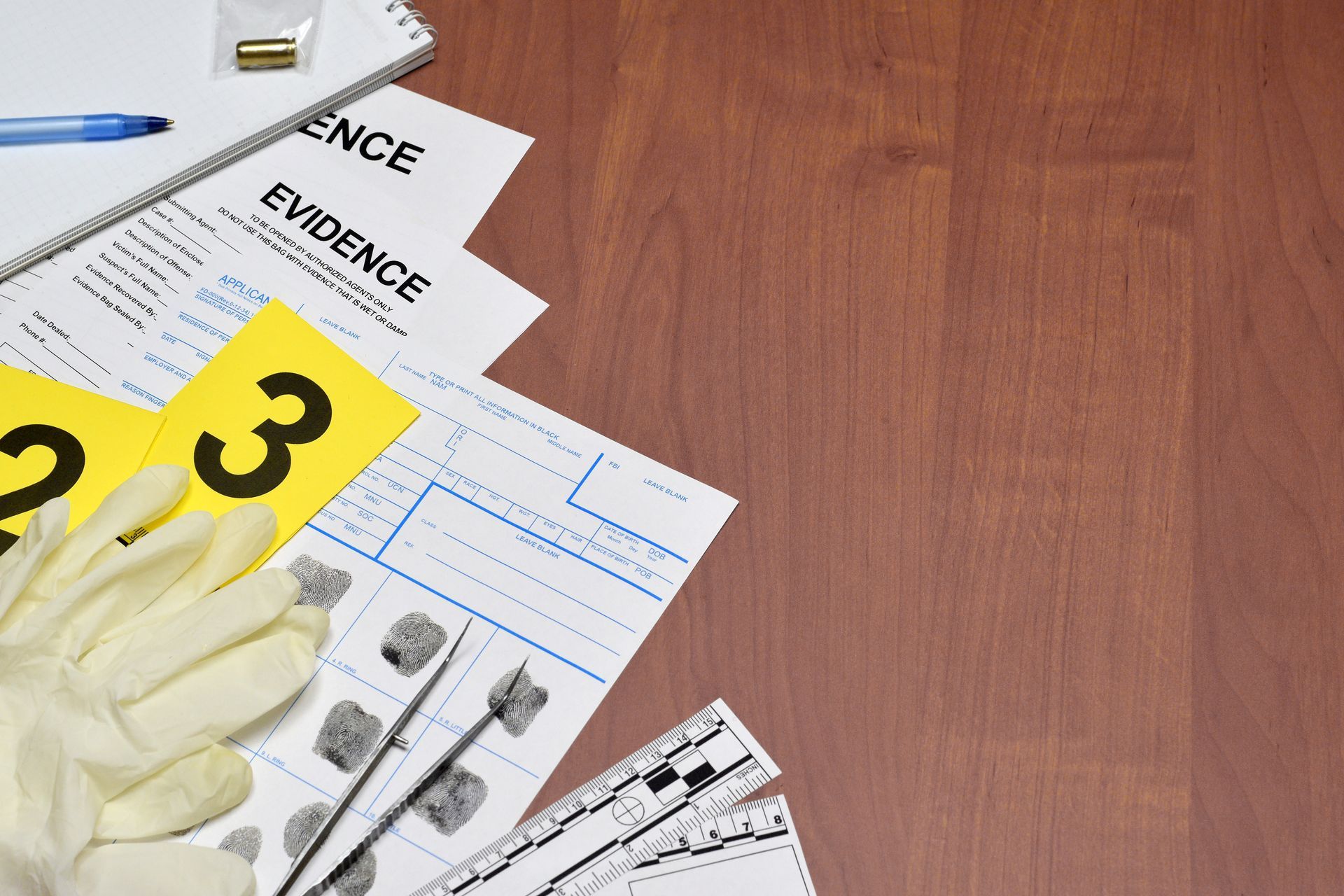April 17, 2025
Prostitution is a criminal offense that has been the subject of much debate and misunderstanding. In Florida, there are specific laws in place to govern what constitutes prostitution, but these laws can often be complex and nuanced. Understanding the ins and outs of these laws is crucial for both law enforcement officers tasked with enforcing them and individuals who may find themselves unknowingly on the wrong side of the law. In this blog, we will look into Florida's prostitution laws and explore what actions specifically qualify as prostitution under state statutes. By decoding these laws, we hope to shed light on this often misunderstood topic and provide clarity on what behaviors are considered illegal in relation to prostitution in Florida. Whether you are an individual seeking to avoid legal trouble or simply interested in increasing your knowledge of our state's legal system, this blog aims to provide valuable insight into a commonly discussed yet frequently misunderstood area of criminal law. Defining Prostitution in Florida In Florida, prostitution is defined as the exchange of sexual activities for money or other goods of value. This can include various acts such as soliciting, enticing, or procuring another individual for the purpose of engaging in sexual activities in exchange for compensation. It is important to note that both the person offering and receiving these services can be charged under Florida law. What Constitutes Illegal Activity Engaging in any form of prostitution activity, whether it involves street solicitation or operating a brothel, is considered illegal in the state of Florida. It is also prohibited to aid, abet, or participate in any way with someone who engages in acts of prostitution. Additionally, attempting to solicit sexual services from another individual for payment falls under the category of illegal activity. Legal Ramifications Those found guilty of participating in acts related to prostitution may face severe legal consequences including fines, jail time, probation, and even mandatory participation in rehabilitation programs. The laws governing prostitution are strictly enforced in Florida to protect individuals involved from exploitation and harm. Therefore, it is crucial to understand the legal boundaries surrounding this issue to prevent facing criminal charges. Elements of Prostitution Offenses Exchange of Sex for Money: Prostitution in Florida is defined as the exchange of sexual acts for money or other goods or services. This can include soliciting, offering, or engaging in sexual activity in exchange for compensation. Communication for Prostitution: Another key element is the communication for the purpose of prostitution. This can involve verbal agreements, text messages, online ads, or any form of communication where the intent to engage in prostitution is clear. Location and Intent: Prostitution offenses can occur in various locations such as hotels, motels, massage parlors, or public spaces. The intent to engage in prostitution must be present for an offense to be charged under Florida law. Penalties for Prostitution Misdemeanor Charges : Engaging in prostitution in Florida is considered a misdemeanor offense. This can result in up to 60 days in jail and fines of $500. Solicitation Charges : Those who solicit others for prostitution can also face misdemeanor charges. Offenders may be sentenced to up to a year in jail and fined up to $1,000. Felony Charges : In certain cases, such as repeat offenses or involving minors, prostitution charges can escalate to felony level. Felony convictions carry much harsher penalties, including longer prison sentences and higher fines. It's crucial to understand the potential legal consequences associated with engaging in or soliciting acts of prostitution in Florida. The severity of these penalties highlights the importance of respecting the laws surrounding this issue and seeking help if you find yourself facing criminal charges related to prostitution. Exceptions and Defenses in Prostitution Cases Mistake of Fact : In some cases, individuals may mistakenly believe that they were engaging in legal activities when, in fact, they were participating in prostitution. This defense can be used if the person did not knowingly engage in the act. Entrapment : If law enforcement officers induce someone to commit a crime that they would not have otherwise committed, it may qualify as entrapment . This defense can be complex and requires evidence to prove. Lack of Evidence : Without sufficient proof or testimony linking an individual to a specific act of prostitution, the case may not hold up in court. It's essential for prosecutors to establish clear evidence beyond a reasonable doubt for a conviction. Contact Hanlon Law for Legal Assistance If you are facing charges related to prostitution or other sex crimes in Orlando, Hanlon Law is here to provide skilled and compassionate legal assistance. With extensive experience in defending clients against complex and sensitive charges, the firm is committed to protecting your rights and reputation. Hanlon Law thoroughly investigates each case, identifies potential weaknesses in the prosecution's evidence, and works tirelessly to build a strong defense strategy tailored to your situation. Their team understands the serious consequences of these charges and offers judgment-free support throughout the legal process. To learn more about Florida sex crimes from a legal perspective, contact the skilled attorneys at Hanlon Law to schedule a consultation. If you live in Orlando or in surrounding areas, be sure to visit our website for more information on this topic.




















